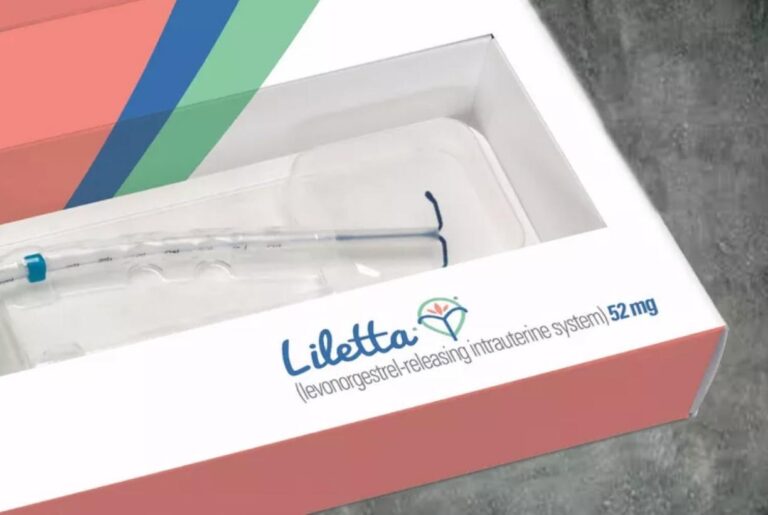Camp Lejeune water neurobehavioral effect is a serious problem that should be faced later in their retirement days. This case led to deeper research and observation about the source of supply in military activities. However, if you are eager to know, here is complete information for you.
Camp Lejeune Water Supply Contamination
Camp Lejeune is a prominent US Marine Corps located in Jacksonville, North Carolina. There was serious water contamination from the ‘50 to ‘80s. This issue is due to hazardous chemicals in the base’s water supply. It affected the health and well-being of military personnel, their families, and their surrounding family.
At first, the origins of the Camp Lejeune water contamination can be traced back to industrial practices, including the improper disposal of toxic chemicals. Those toxic chemicals include trichloroethylene (TCE), perchloroethylene (PCE), and benzene.
Eight water-distribution systems have provided or are currently providing treated water to residential areas and other facilities at the U.S. Marine Corps Base Camp Lejeune in North Carolina.
Among these, three water-distribution plants—named Hadnot Point, Tarawa Terrace, and Holcomb Boulevard—have traditionally served most of the residential units at the Base. Unfortunately, these plants were found to be contaminated with volatile organic compounds (VOCs).
It happens because the leaking underground storage tanks and industrial spills contribute to the infiltration of these contaminants into the base’s drinking water. This water affected the people who relied on it for daily living.
Furthermore, more than one million military staff, along with their family have reported to be exposed to the Camp LeJeune Water Neurobehavioral Effect. Consequently, they are eligible for health care benefits to deal with the problem.
Camp Lejeune Water Neurobehavioral Effect
The contamination of the water supply at Camp Lejeune has been a significant issue, leading to various health problems, including neurobehavioral effects. Many people have been reported to get the Camp Lejeune water neurobehavioral effect because of the contamination. Here are the effects!
1. Cognitive Problem
People who consume the contaminated water at Camp Lejeune have been linked to cognitive problems. They experience problems with memory, attention, and overall cognitive function. Studies reported that there is a correlation between consuming contaminated water and decreasing cognitive performance.
People who suffer have memory problems, headaches, insomnia, difficulty concentrating, fatigue, post-traumatic stress disorder (PTSD), and even suicide attempts. They also exhibit alterations in mood, increased irritability, and other changes.
Those impacts on mental health can be profound and it affects personal relationships with people as well as the quality of life. Moreover, pregnant women who are exposed to contaminated water may have a bigger risk for neurobehavioral issues for their unborn child.
2. Motor Difficulties
The NRC report stated that people who are contaminated with water have problems with their visuomotor and motor functions. It includes fatigue, headaches, and concentration deficits, particularly when there are brief exposures.
Breathing in or swallowing PCE in the short term can cause symptoms of central nervous system depression, like drowsiness. It may also result in electroencephalographic changes and neurobehavioral alterations.
Long-term exposure to TCE in occupational settings has been associated with memory loss, mood swings, cognitive function impairment, and damage to the olfactory and trigeminal nerves.
Symptoms of Camp Lejeune Water Neurobehavioral Effect
Several symptoms may indicate that you got the Camp Lejeune Water Neurobehavioral Effect. Here are a few symptoms that can be a sign that might happen to your body.
- Depression
- Confusion
- Significant change in mood and personality
- Headache
- Anxiety
- Poor concentration
- memory problem
- Learning disorders
- Irritability
- Involuntary muscle movements
- Tremors
- Fatigue
Camp Lejeune water neurobehavioral effect may last for a short period and even long-term. Minor effects resulting from low concentrations of chemicals and brief exposures might be reversible. However, significant harm from prolonged, continuous exposure to elevated chemical levels may be irreversible.
Eligibility for VA Disability Compensation
If you or your loved ones are a victim of Camp Lejeune water neurobehavioral effect, you can claim your compensation from the government. However, there are several requirements that you should have to be eligible for the compensation. The criteria are relevant to veterans, reservists, and members of the National Guard.
Here are the requirements to be eligible for the compensation.
- You should spend a minimum of 30 days at Camp Lejeune or MCAS New River, North Carolina, between August 1, 1953, and December 31, 1987.
- You should never receive a dishonorable discharge upon leaving the military.
Moreover, you should have been diagnosed with one or more of the following presumed conditions:
- Adult leukemia
- Aplastic anemia and other myelodysplastic syndromes
- Bladder cancer
- Kidney cancer
- Liver cancer
- Multiple myeloma
- Non-Hodgkin’s lymphoma
- Parkinson’s disease
Research indicates a connection between these health conditions and exposure to chemicals present in Camp Lejeune water neurobehavioral effects during the specified period. You might check this website to get further information about the compensation.
Furthermore, you can hire legal assistance to guide you in getting the compensation that you deserve. They will assist you with the whole legal process. They also navigate you to the option that you might get. You can talk about what you have been through with them.
To qualify for a VA disability rating, your disability must be linked to your military service. While, for many health conditions, it’s necessary to demonstrate that your service led to your condition and that your service caused the condition. These are known as presumptive conditions.
Presumptive conditions are defined by laws or regulations. If you have a presumptive condition, you aren’t required to prove that your service caused the condition. You simply need to meet the service requirements outlined for the presumption.
Now, You Know About Camp Lejeune Water Neurobehavioral Effect!
Camp Lejeune water neurobehavioral effect is a reminder of the potential environmental hazard faced by military personnel and their families. This contaminated water supply case has resulted in serious and long-term health problems, from cancer to neurobehavioral impact.
However, if you or your family is suffering from those medical health problems and have served the country in Camp Lejeune, you deserve compensation. Your trustworthy legal assistant will help you to get what you deserve.



